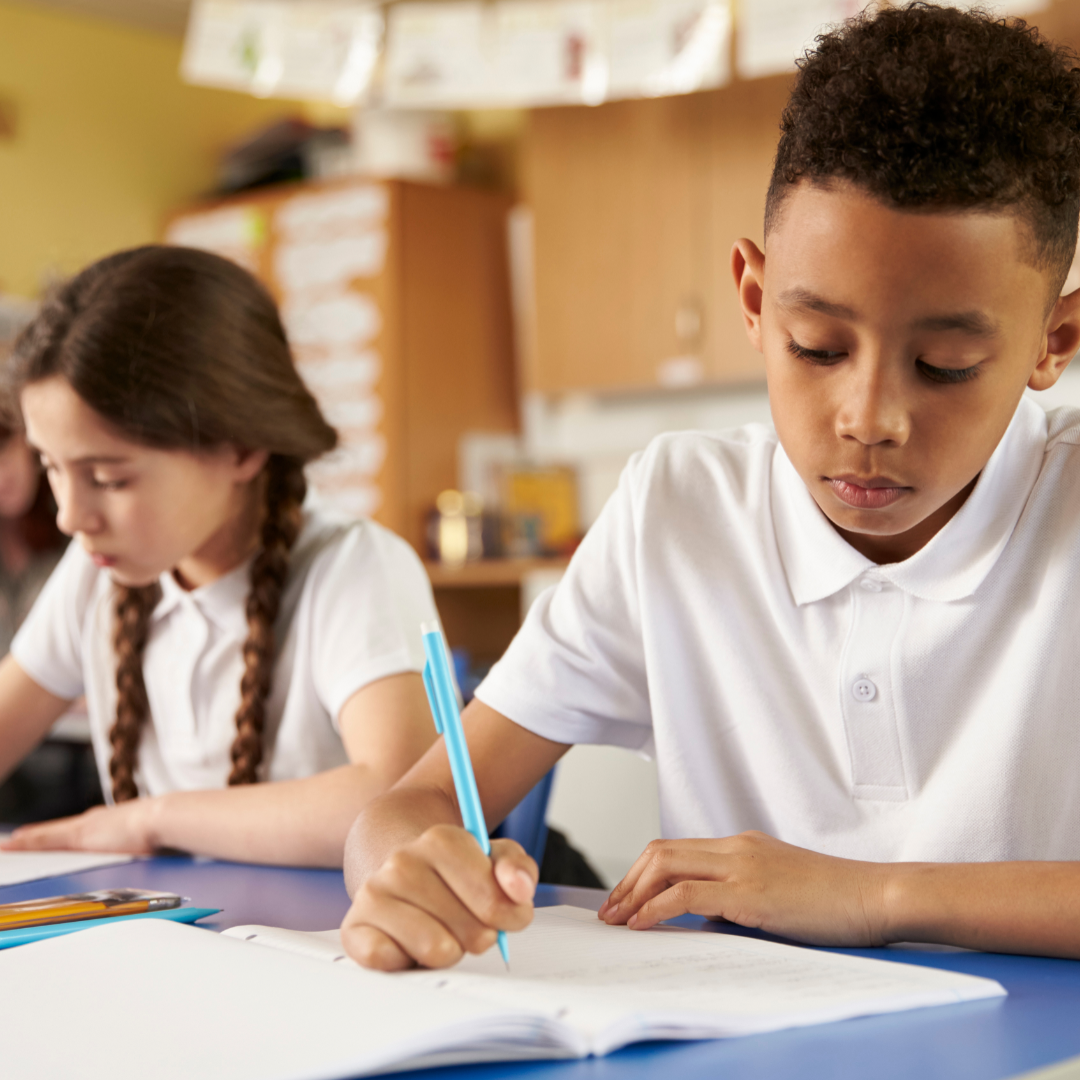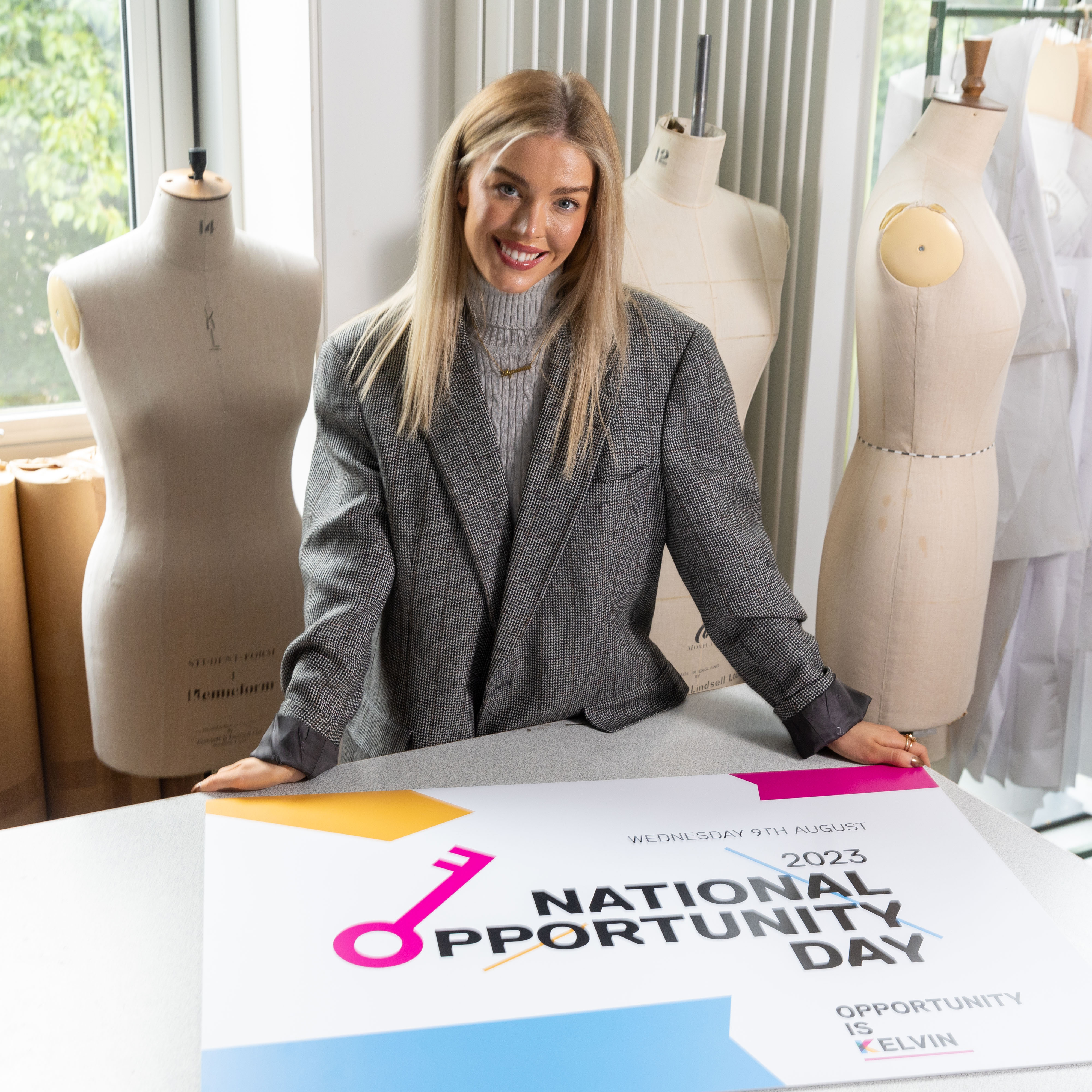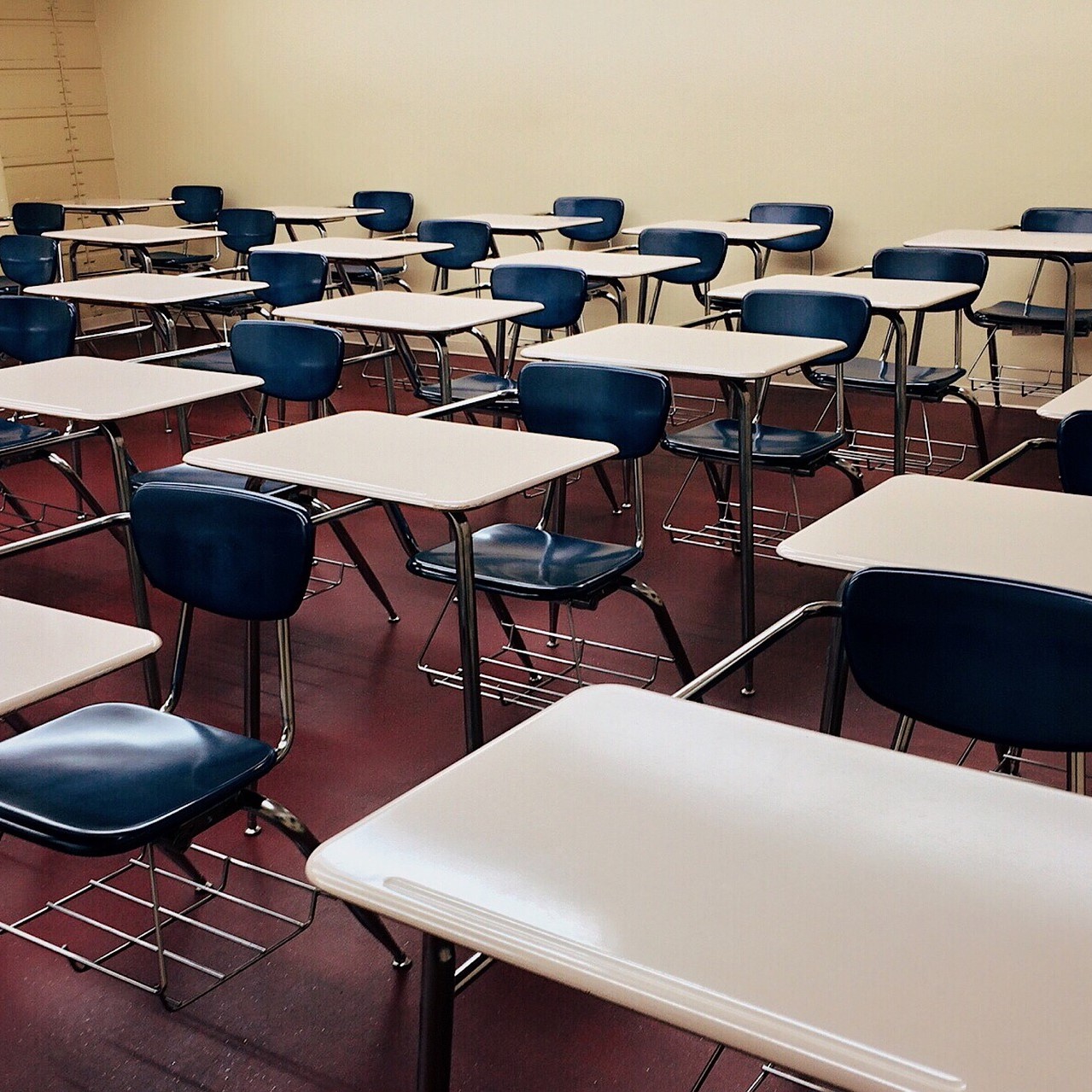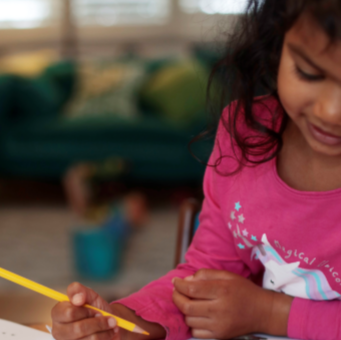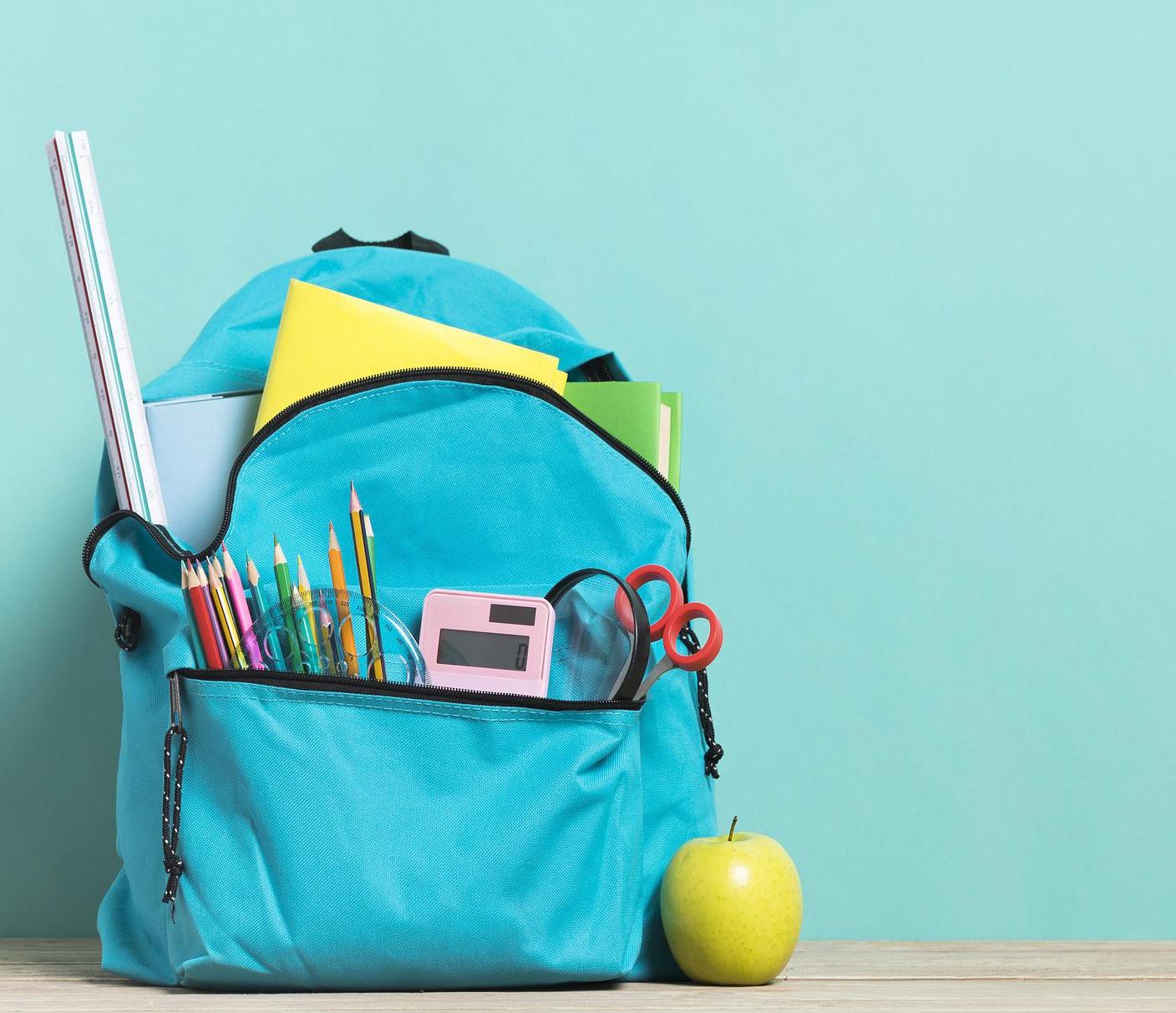
Keep Scotland Beautiful launches Pocket Garden Design Competition for nursery and school pupils
Posted 16.01.24 by Alice Hinds
Children across Scotland are being encouraged to take inspiration from “nature’s engineers” as Keep Scotland Beautiful launches the annual Pocket Garden Design Competition.
Held in partnership with the Garden for Life Forum (click here for more), the charity is inviting nursery and school pupils aged three to 18 to design a miniature pocket-sized garden, which includes food for people, something reusable, and items that are good for protecting wildlife.
With the competition aiming to help children better understand the link between sustainability and natural engineering, from bee hives to bird nests, the environmental charity says the new theme of “nature’s engineers” will shine a light on the incredible homes that animals build, reinforcing their role in creating whole ecosystems, and highlighting how modern green technology can be inspired by the natural world.
Open for submissions until Friday 23 February 2024, designers of the best entries will be invited to build and grow their garden at school, with the finished project then filmed or photographed for use in an online interactive garden, which will be launched in June. Members of the public will then be able to vote for their favourite garden.

Eve Keepax, Education and Learning Officer at Keep Scotland Beautiful, said: “We’re pleased to announce our ninth Pocket Garden Design Competition with its new theme. Nature’s engineers are amazing and we’re excited to see how this theme inspires pupils’ imaginations.
“Schools tell us that their pupils love taking part in this competition and it’s a great way to bring learning for sustainability alive. It’s also a great way for pupils to learn about how they can be part of making Scotland a nature positive place whether they’re interested in bees, beavers, birds or buildings.”
Last year, Keep Scotland Beautiful (click here for more) received almost 200 entries to the competition, and 42 finalists saw their designs included in the digital showcase.
Educators considering taking part in this year’s competition are invited to come along to a Meet the Mentors twilight session on 17 January to find out more. Click here to register
For more information and inspiration from past competition entries, click here to visit the Keep Scotland Beautiful website: keepscotlandbeautiful.org/pocketgarden

